Gifted school med school ban impact
입력 2025.08.13 (04:01)
읽어주기 기능은 크롬기반의
브라우저에서만 사용하실 수 있습니다.
[Anchor]
A policy is in place that penalizes graduates of high schools for gifted students who go on to study medicine, including reclaiming their education costs.
Government statistics now show that the rate of such students entering medical school has dropped significantly.
However, critics say the preference for medical schools remains strong.
Ko Ah-reum reports.
[Report]
Gifted schools were introduced in 2003.
Equipped with expensive research and experimental equipment, they invest over 10 million won per student annually to nurture scientific talents.
[Parent of Student Preparing for Science High School/Voice Altered: “My child’s dream is in science, and we know that this path is one that benefits the country… I’m anxious, but since it’s what my child wants, we’re preparing for it.”]
Despite their founding purpose, the nation’s eight gifted science high schools have faced criticism for being used as a springboard for medical school admissions, funded by taxpayer money.
In response, starting with the 2022 academic year, the Ministry of Education began imposing stricter penalties on those entering medical and pharmaceutical schools — reclaiming educational costs and giving them academic disadvantages.
The proportion of students from gifted high schools entering medical or pharmaceutical programs, which once exceeded 10%, has now dropped to 2.5%. For the nation’s 20 science high schools, the rate has dropped to 1.7%.
While the government’s policy to strengthen science and engineering appears effective, many say the preference for medicine remains unchanged.
The latest statistics exclude repeat test-takers, and admissions experts say many who first enter science and engineering fields later attempt to transfer to medical school.
Last year alone, 130 students dropped out of KAIST.
Critics argue that incentives for science and engineering remain insufficient.
[Kim Young-oh/Dean, College of Engineering, Seoul National University: “Let’s support 1,000 students as innovation talent in science and engineering. Give them scholarships and opportunities to conduct advanced research from their undergraduate years.”]
They say that to truly foster scientific talent, the government must go beyond short-term measures like restricting medical school admissions and address deeper structural issues.
KBS News, Ko Ah-reum.
A policy is in place that penalizes graduates of high schools for gifted students who go on to study medicine, including reclaiming their education costs.
Government statistics now show that the rate of such students entering medical school has dropped significantly.
However, critics say the preference for medical schools remains strong.
Ko Ah-reum reports.
[Report]
Gifted schools were introduced in 2003.
Equipped with expensive research and experimental equipment, they invest over 10 million won per student annually to nurture scientific talents.
[Parent of Student Preparing for Science High School/Voice Altered: “My child’s dream is in science, and we know that this path is one that benefits the country… I’m anxious, but since it’s what my child wants, we’re preparing for it.”]
Despite their founding purpose, the nation’s eight gifted science high schools have faced criticism for being used as a springboard for medical school admissions, funded by taxpayer money.
In response, starting with the 2022 academic year, the Ministry of Education began imposing stricter penalties on those entering medical and pharmaceutical schools — reclaiming educational costs and giving them academic disadvantages.
The proportion of students from gifted high schools entering medical or pharmaceutical programs, which once exceeded 10%, has now dropped to 2.5%. For the nation’s 20 science high schools, the rate has dropped to 1.7%.
While the government’s policy to strengthen science and engineering appears effective, many say the preference for medicine remains unchanged.
The latest statistics exclude repeat test-takers, and admissions experts say many who first enter science and engineering fields later attempt to transfer to medical school.
Last year alone, 130 students dropped out of KAIST.
Critics argue that incentives for science and engineering remain insufficient.
[Kim Young-oh/Dean, College of Engineering, Seoul National University: “Let’s support 1,000 students as innovation talent in science and engineering. Give them scholarships and opportunities to conduct advanced research from their undergraduate years.”]
They say that to truly foster scientific talent, the government must go beyond short-term measures like restricting medical school admissions and address deeper structural issues.
KBS News, Ko Ah-reum.
■ 제보하기
▷ 카카오톡 : 'KBS제보' 검색, 채널 추가
▷ 전화 : 02-781-1234, 4444
▷ 이메일 : kbs1234@kbs.co.kr
▷ 유튜브, 네이버, 카카오에서도 KBS뉴스를 구독해주세요!
- Gifted school med school ban impact
-
- 입력 2025-08-13 04:01:21
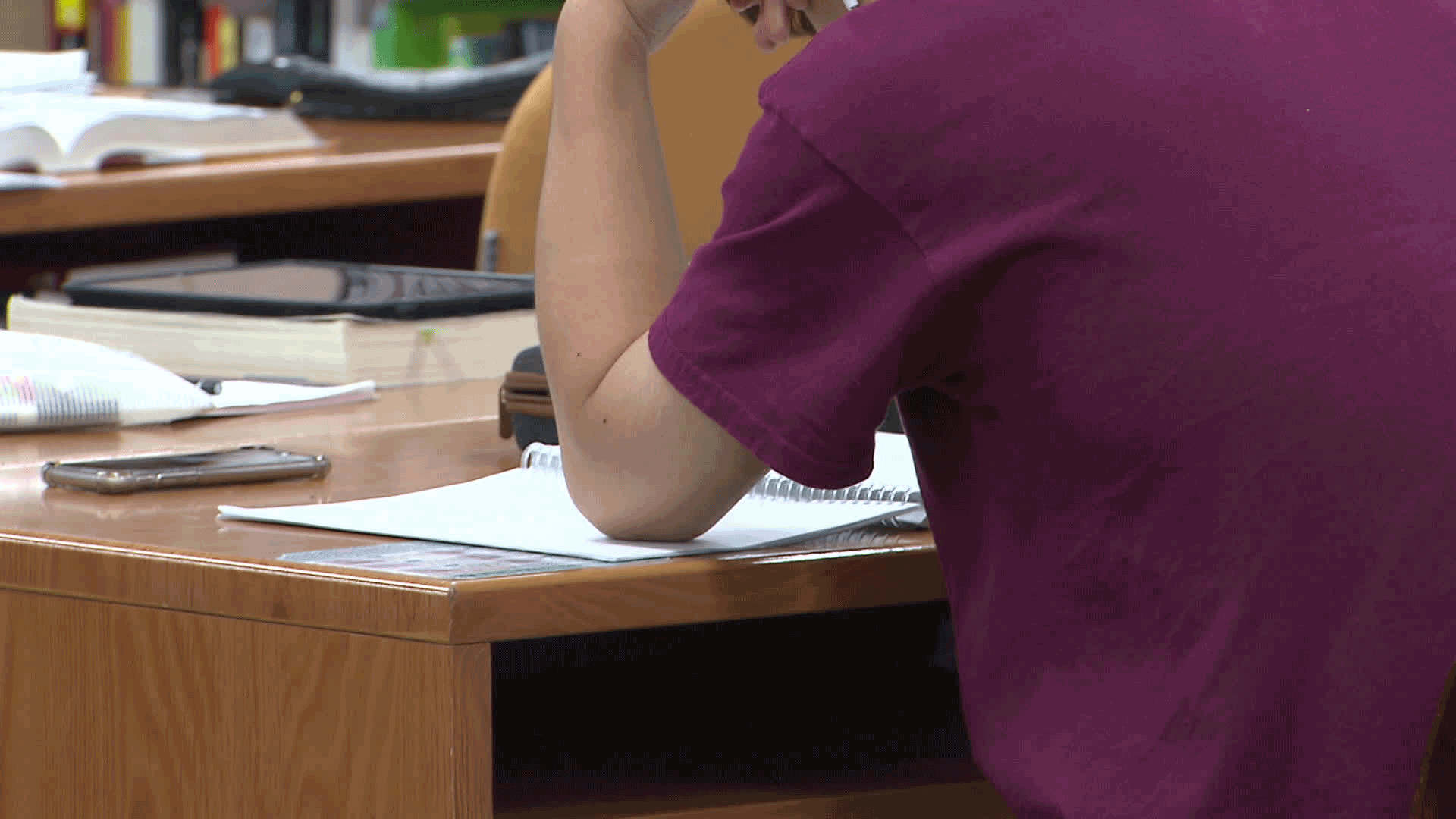
[Anchor]
A policy is in place that penalizes graduates of high schools for gifted students who go on to study medicine, including reclaiming their education costs.
Government statistics now show that the rate of such students entering medical school has dropped significantly.
However, critics say the preference for medical schools remains strong.
Ko Ah-reum reports.
[Report]
Gifted schools were introduced in 2003.
Equipped with expensive research and experimental equipment, they invest over 10 million won per student annually to nurture scientific talents.
[Parent of Student Preparing for Science High School/Voice Altered: “My child’s dream is in science, and we know that this path is one that benefits the country… I’m anxious, but since it’s what my child wants, we’re preparing for it.”]
Despite their founding purpose, the nation’s eight gifted science high schools have faced criticism for being used as a springboard for medical school admissions, funded by taxpayer money.
In response, starting with the 2022 academic year, the Ministry of Education began imposing stricter penalties on those entering medical and pharmaceutical schools — reclaiming educational costs and giving them academic disadvantages.
The proportion of students from gifted high schools entering medical or pharmaceutical programs, which once exceeded 10%, has now dropped to 2.5%. For the nation’s 20 science high schools, the rate has dropped to 1.7%.
While the government’s policy to strengthen science and engineering appears effective, many say the preference for medicine remains unchanged.
The latest statistics exclude repeat test-takers, and admissions experts say many who first enter science and engineering fields later attempt to transfer to medical school.
Last year alone, 130 students dropped out of KAIST.
Critics argue that incentives for science and engineering remain insufficient.
[Kim Young-oh/Dean, College of Engineering, Seoul National University: “Let’s support 1,000 students as innovation talent in science and engineering. Give them scholarships and opportunities to conduct advanced research from their undergraduate years.”]
They say that to truly foster scientific talent, the government must go beyond short-term measures like restricting medical school admissions and address deeper structural issues.
KBS News, Ko Ah-reum.
A policy is in place that penalizes graduates of high schools for gifted students who go on to study medicine, including reclaiming their education costs.
Government statistics now show that the rate of such students entering medical school has dropped significantly.
However, critics say the preference for medical schools remains strong.
Ko Ah-reum reports.
[Report]
Gifted schools were introduced in 2003.
Equipped with expensive research and experimental equipment, they invest over 10 million won per student annually to nurture scientific talents.
[Parent of Student Preparing for Science High School/Voice Altered: “My child’s dream is in science, and we know that this path is one that benefits the country… I’m anxious, but since it’s what my child wants, we’re preparing for it.”]
Despite their founding purpose, the nation’s eight gifted science high schools have faced criticism for being used as a springboard for medical school admissions, funded by taxpayer money.
In response, starting with the 2022 academic year, the Ministry of Education began imposing stricter penalties on those entering medical and pharmaceutical schools — reclaiming educational costs and giving them academic disadvantages.
The proportion of students from gifted high schools entering medical or pharmaceutical programs, which once exceeded 10%, has now dropped to 2.5%. For the nation’s 20 science high schools, the rate has dropped to 1.7%.
While the government’s policy to strengthen science and engineering appears effective, many say the preference for medicine remains unchanged.
The latest statistics exclude repeat test-takers, and admissions experts say many who first enter science and engineering fields later attempt to transfer to medical school.
Last year alone, 130 students dropped out of KAIST.
Critics argue that incentives for science and engineering remain insufficient.
[Kim Young-oh/Dean, College of Engineering, Seoul National University: “Let’s support 1,000 students as innovation talent in science and engineering. Give them scholarships and opportunities to conduct advanced research from their undergraduate years.”]
They say that to truly foster scientific talent, the government must go beyond short-term measures like restricting medical school admissions and address deeper structural issues.
KBS News, Ko Ah-reum.
-
-
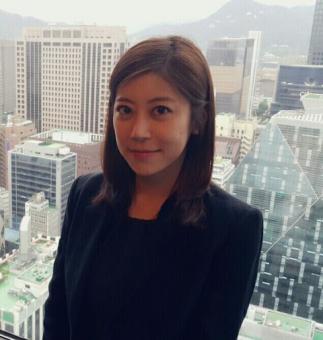
고아름 기자 areum@kbs.co.kr
고아름 기자의 기사 모음
-
이 기사가 좋으셨다면
-
좋아요
0
-
응원해요
0
-
후속 원해요
0










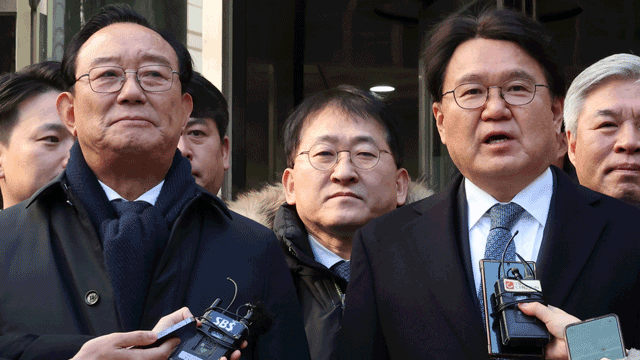
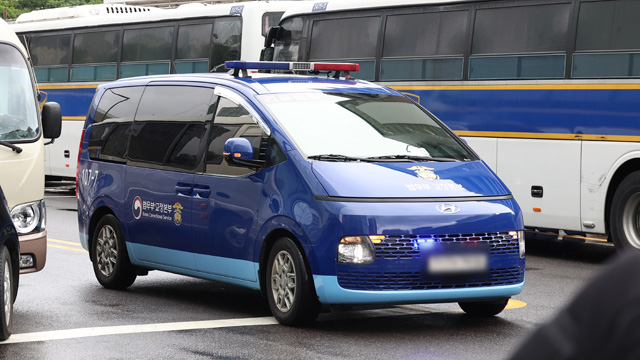
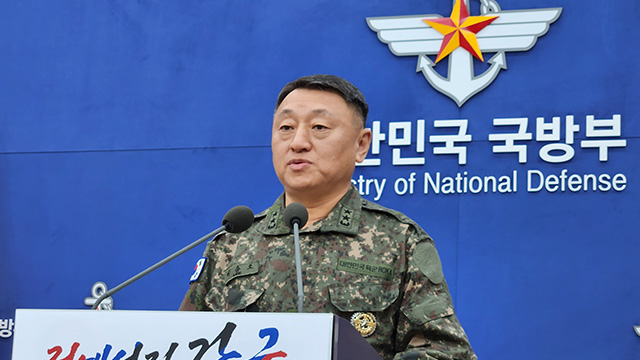
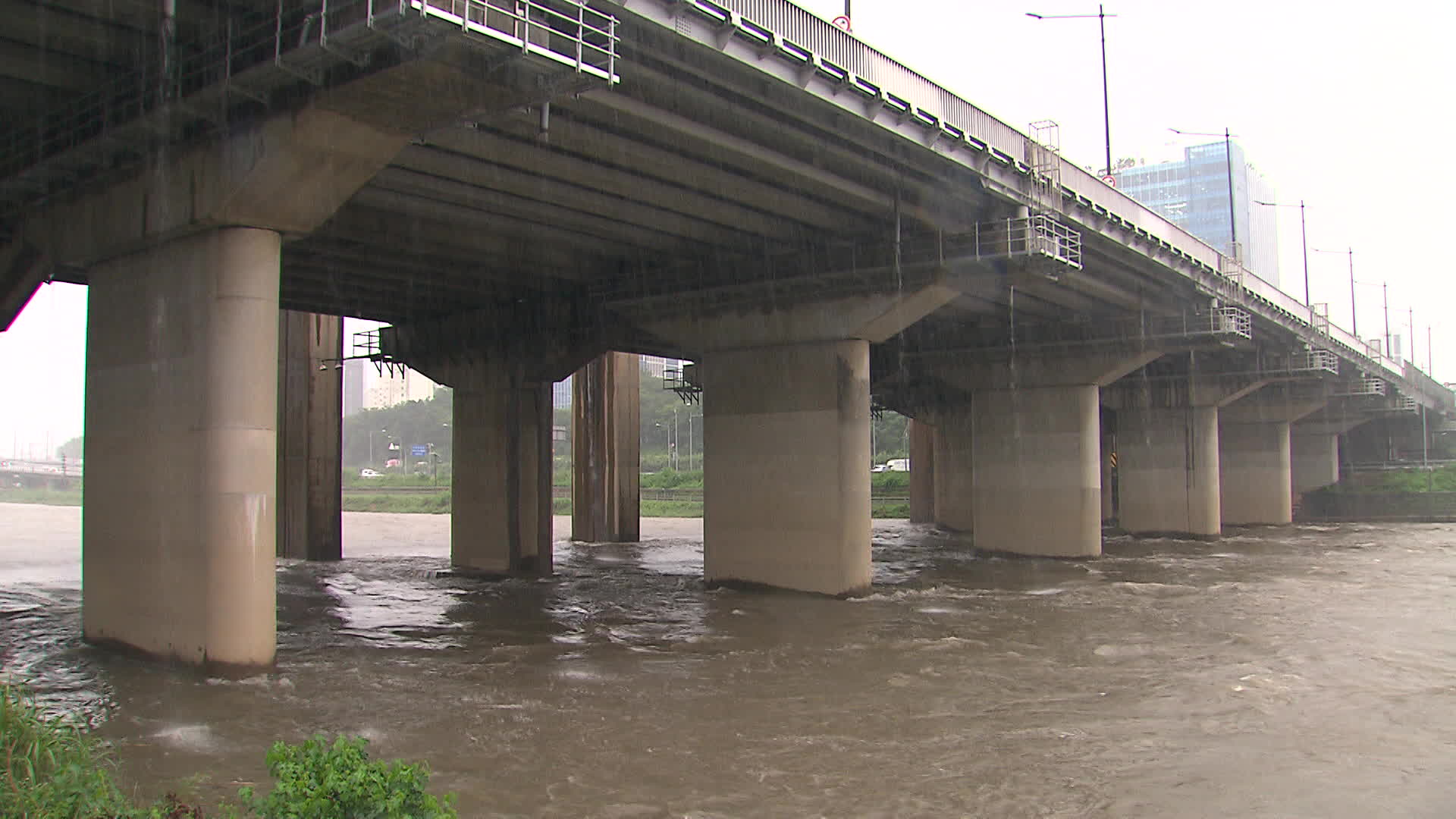

이 기사에 대한 의견을 남겨주세요.